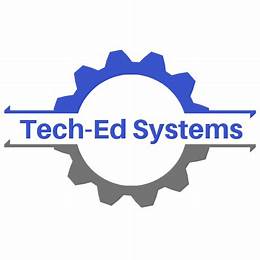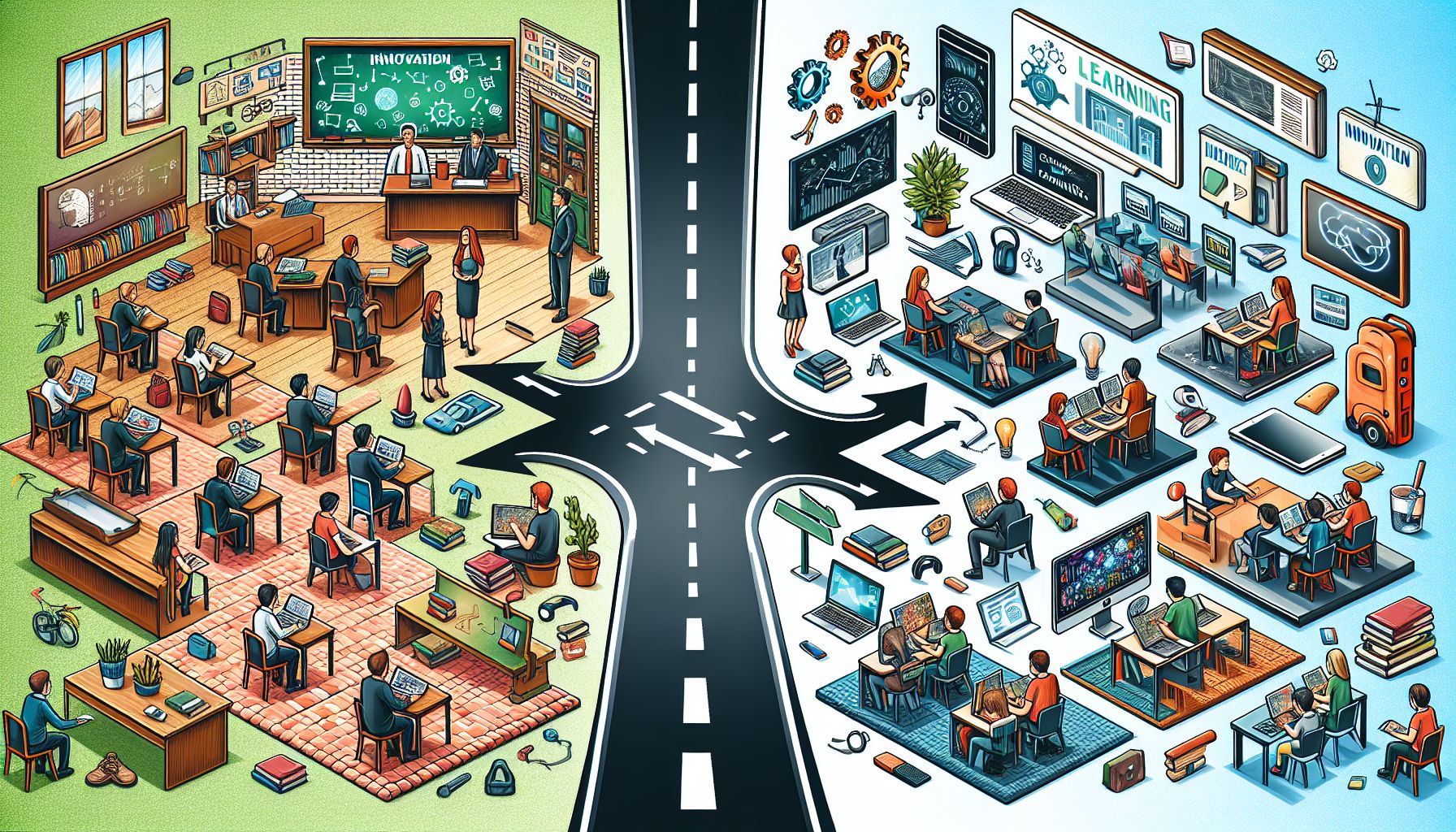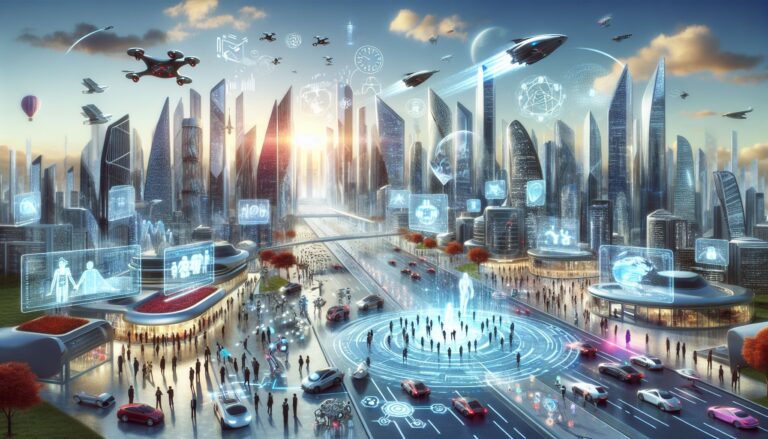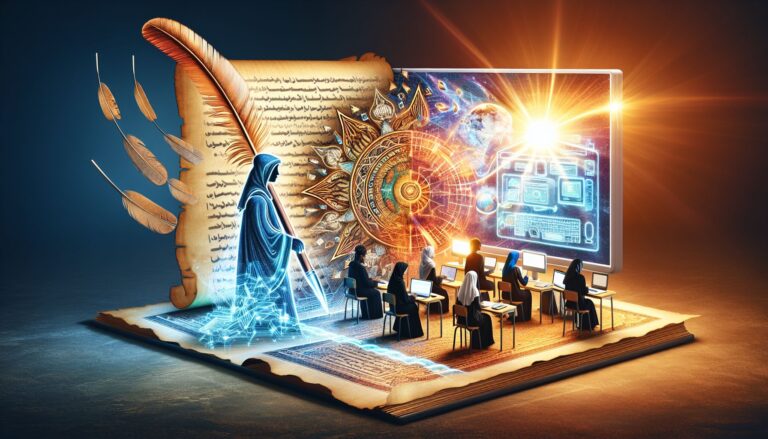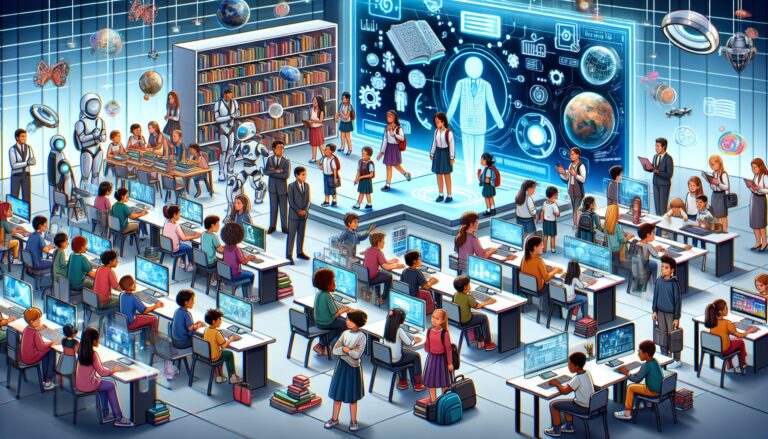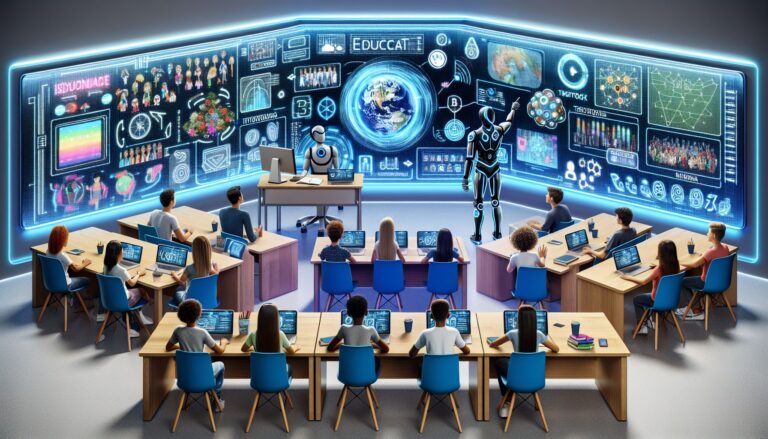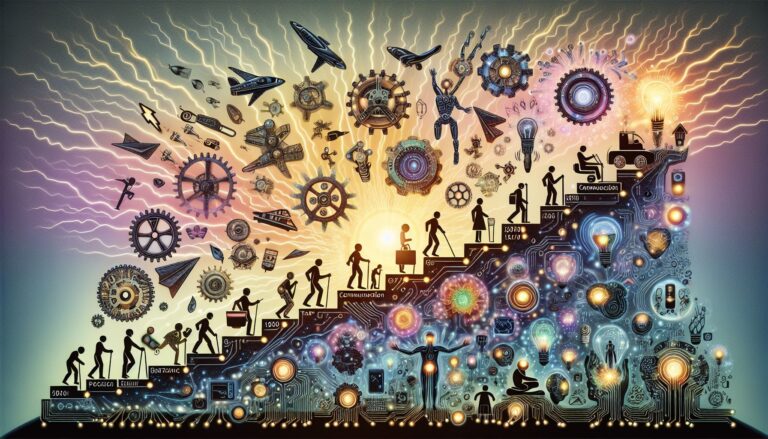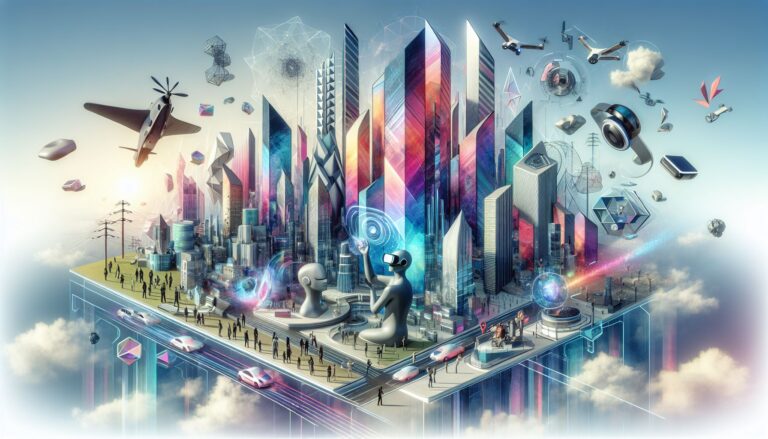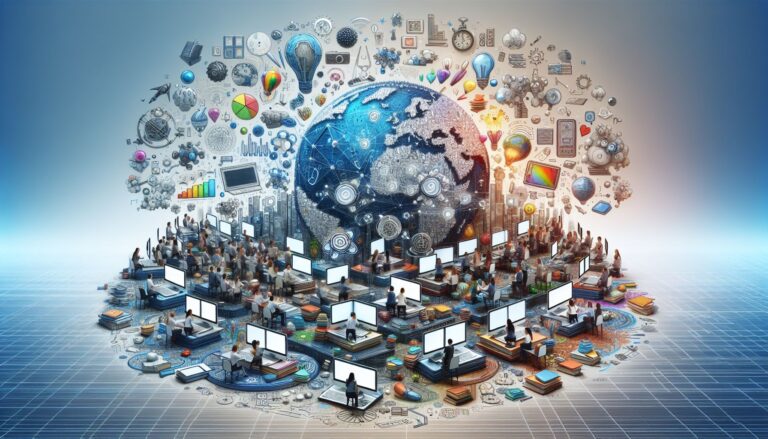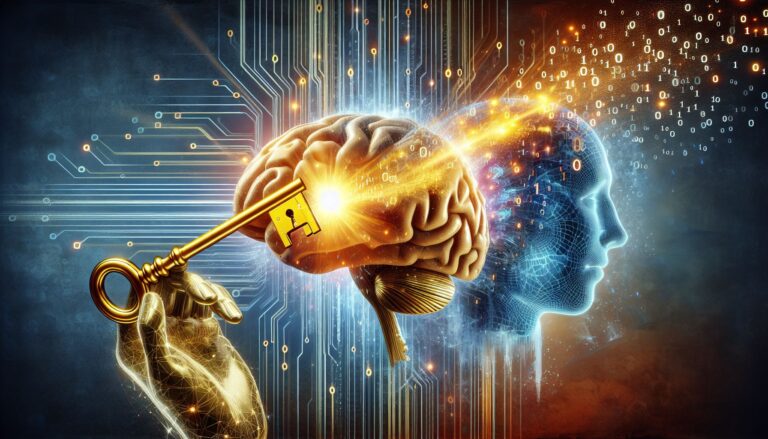In the heart of this ever-evolving world, education stands as a timeless beacon, sparking the flames of knowledge across generations. Yet, as society strides into the digital epoch, a profound transformation is underway. Traditional chalkboards are giving way to interactive whiteboards, while the hallowed halls of learning now extend into the virtual realms of the internet. The classroom is no longer confined by four walls but is instead an expansive network of information, collaboration, and innovation.
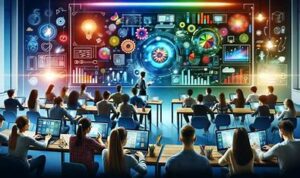 The Digital Revolution in Classrooms
The Digital Revolution in Classrooms
Education, much like an inquisitive learner, has always thrived on exploration and adaptation. And at the forefront of this exploratory phase are new teaching methodologies, which are part and parcel of the educational metamorphosis we witness today. Digital tools, once secondary accessories, have become central to the pedagogical process, offering dynamic and personalized learning experiences.
However, this digital embrace is not without its challenges. Bridging the gap between technology and effective teaching requires educators to be fluent not just in their subject matter, but also in the language of the digital age. As they integrate apps, interactive modules, and online resources into their teaching toolkit, teachers are redefining the nature of student engagement and the paradigm of the learning process.
But what of the learner in this digital dance? With access to an ocean of information, students are morphing into active participants in their educational journeys. Online learning platforms introduce them to a world where knowledge knows no time zones or geographical barriers. Yet, it’s crucial to navigate this sea with a critical eye and an ethical compass, for not all information is created equal, and the digital divide continues to pose significant hurdles.
Society and Ethical Considerations of EdTech
As society adapts to these technological marvels, ethical considerations come to the fore. Data privacy, screen time effects on health, and equitable access to technology are just a few of the societal concerns that educators and policymakers must grapple with. And as algorithms increasingly influence educational content and pathways, the ethical responsibility of guiding these digital choices becomes more pronounced.
Will technology widen the gap between the haves and have-nots, or will it emerge as the greatest equalizer, democratizing education for all? It’s a question that only time and intentional, inclusive strategy will answer.
Visioning the Future of Education
Peering into the educational crystal ball, the future seems ripe with potential. Artificial Intelligence could offer personalized learning experiences at scale, while Virtual Reality promises an immersive foray into subjects that once were but words on a page. But let’s not forget the human element. The role of the teacher, far from being diminished, is becoming even more crucial. As facilitators, mentors, and guides, educators are the human touch in a digital world, empowering students to navigate the vastness of the internet responsibly and empathetically.
In conclusion, at the intersection of technology and education lies a landscape teeming with possibilities. While challenges are part and parcel of any innovation, the collaborative spirit of learning that transcends physical and digital spaces is a testament to education’s resilient core. As we continue to adapt and evolve, the synergistic relationship between education and technology will undoubtedly become the cornerstone of a society that values knowledge, growth, and inclusivity. Let us then approach this brave new world of learning with curiosity, optimism, and a sincere commitment to educating every mind that seeks enlightenment, irrespective of the boundaries that once limited us. The future beckons with open arms, inviting us to reshape education for generations to come.
